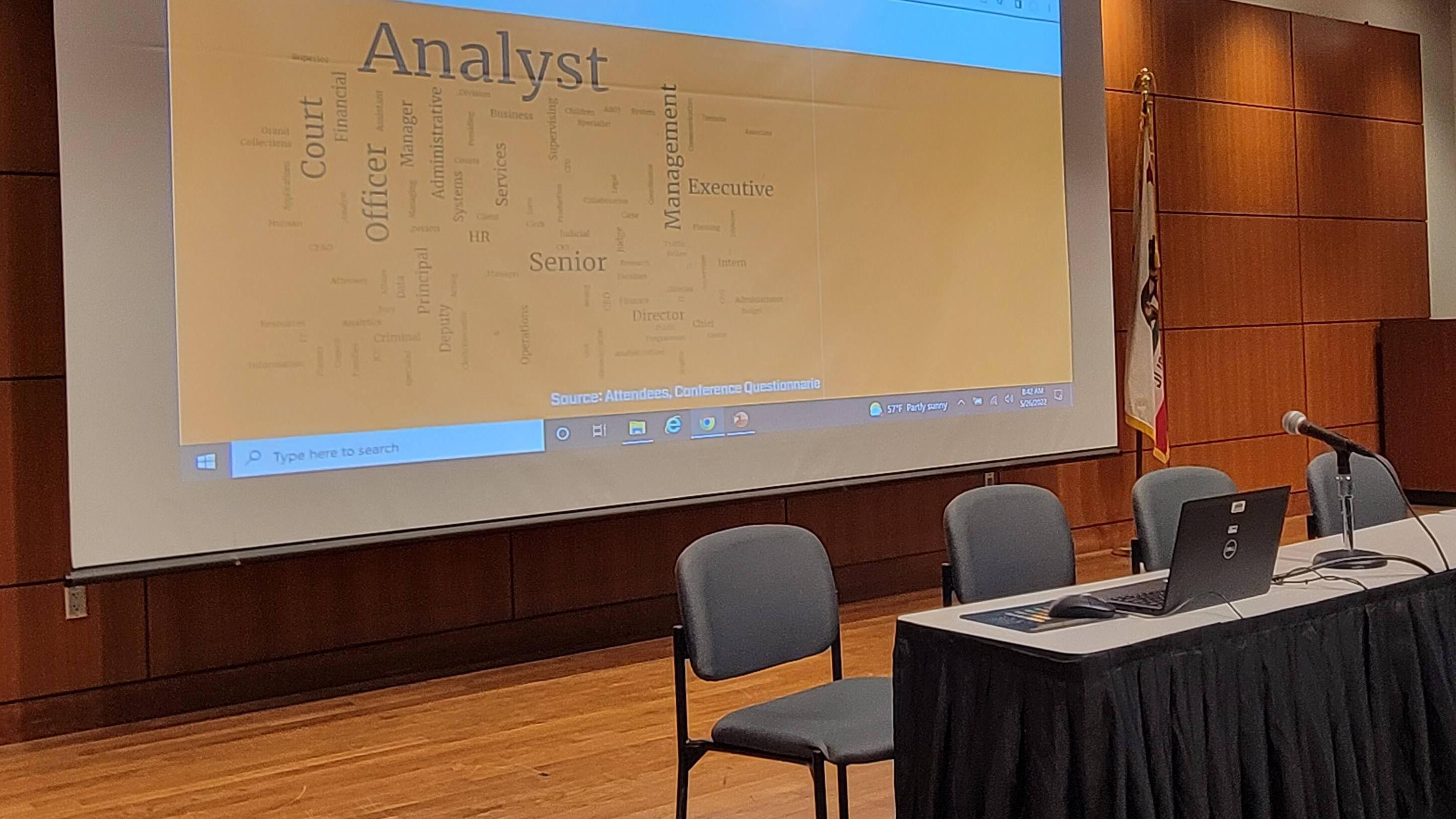Judicial Council to Consider Funding to Help Courts Implement CARE Act
SAN FRANCISCO— The council at its January 20 business meeting will consider how to allocate state funding to help courts implement the Community Assistance, Recovery, and Empowerment (CARE) Act. The act allows specified adults to petition the court to create a voluntary CARE agreement or a court-ordered CARE plan that includes treatment, housing support, and other services for persons with untreated schizophrenia and other psychotic disorders.
Seven superior courts—Glenn, Orange, Riverside, San Diego, San Francisco, Stanislaus, and Tuolumne—make up the first cohort of courts that will launch CARE Act programs by Oct. 1. While CARE is a civil program, criminal courts will also be able to refer those with misdemeanor charges who have been found incompetent to stand trial, helping to connect individuals with needed services. All individuals referred to CARE will have the right to be represented by an attorney at all stages, regardless of their ability to pay.
While the council considers how to allocate the CARE funding, it has also posted an invitation to comment on how courts will implement the act. The invitation to comment contains the proposed new court rules and forms, as well as background information on the act itself and the courts’ role in the process.
Funding For Firearm Relinquishment Programs
Per Assembly Bill 178, the council will consider appropriating grants to seven trial courts to help ensure the consistent and safe removal of firearms from individuals prohibited from owning or possessing firearms and ammunition under court order.
The superior courts receiving grants—Los Angeles, Modoc, San Diego, San Francisco, San Mateo, Santa Clara, and Ventura—will partner with at least one law enforcement agency, including police, sheriff departments, and district attorney offices. Funding will be used to support activities to promote compliance, which include establishing compliance review hearing calendars, increasing self-help services for restraining orders, and instituting electronic notification systems for law enforcement.
Other items on the January 20 council meeting agenda include:
Legislative Priorities: The council will consider the types of legislation it should support to increase access to justice for court users, which includes sufficient resources to improve remote access, adequate judgeships and judicial officers in counties with the greatest need, availability of verbatim records of court proceedings, and operational efficiencies in the courts.
Strategic Plan for Technology: The council will consider an update to the judicial branch’s Strategic Plan for Technology. The updated plan includes a new goal of promoting digital services that are accessible to all, regardless of location, socioeconomic status, language, physical ability, or technological access or experience.
Data on Court Operations: The council will receive the first of ongoing annual reports that will be forwarded to the Legislature about trial court operations, which includes data on time to disposition and case clearance rates by case type, backlogs by case type, and court hours of operations including public counter hours.
The complete meeting agenda and council reports are posted to the California Courts Meeting Information Center. A link to a live webcast of the meeting will be on the California Courts website on the day of the meeting.


